Growing up, I've always known how important organ donation was and as soon as I turned sixteen, I made sure that my license said that I wanted to be an organ donator when I pass away. Shari Maurer, author of Change of Heart (read by review here) is blogging today about increasing awareness on organ donation registration.
Some other kid has to die so I can live?” This was too horrifying to wrap my head around. Like, how do you wish for something like that? But then, how do you not, if your own heart isn’t working right? Emmi, “Change of Heart”
It is a strange concept, isn’t it? And one that Emmi and the thousands of real people who are waiting for organs struggle with every day. When I started writing Change of Heart, I never thought about it in terms of raising awareness for the need for organ donors. But as I was awaiting publication, my husband, who is a cardiologist and cares for patients waiting for heart transplants, came home very upset and frustrated. He said he had so many people waiting and yet the number of transplants that his hospital was doing was down. Why? Because there weren’t enough available organs. We decided that in honor of the release of Change of Heart, we would make it our mission to register as many potential donors as possible.
No one ever wants to contemplate the idea that they could die suddenly. And if, God forbid, your family finds themselves in the situation where something awful has happened to you, it’s very difficult in those traumatic minutes to make decisions. This is why we are urging everyone in listening distance to register to become an organ donor. You must be 18 to register, so if you aren’t 18 yet, please encourage your friends and family to donate and then make your own commitment when you turn 18.
“But I’ve checked off ‘organ donor’ on my license—isn’t that enough?” people ask. Well, it’s certainly a good thing. But unfortunately, sometimes your license is not available when you are brought to the hospital or it is taken away and put in a safe, where no one has access to it. If you are in the database, the staff at the hospital will know right away what your wishes are.
“If they know I’m an organ donor, will they not try as hard to save me?” Absolutely not! Using someone’s organs is a last resort when there is no hope to keep the person alive.
I’ve borrowed a few statistics from the Donate Life website:
• More than 100,000 men, women and children currently need life-saving organ transplants.
• Every 10 minutes another name is added to the national organ transplant waiting list.
• An average of 18 people die each day from the lack of available organs for transplant.
• In 2009, there were 8,021 deceased organ donors and 6,610 living organ donors resulting in 28,465 organ transplants.
• Each donor has the potential to save 8 lives.
I can’t encourage you strongly enough to go register. You can get more info by going to the Donate Life website: http://donatelife.net/.
Oh, and if you wanted to read Change of Heart—that would be great, too! Hope you enjoy!
Thank you so much for the info, Shari. I didn't know about registering online, so I just went and did that!
Friday, July 2, 2010
Subscribe to:
Post Comments (Atom)












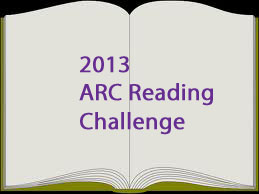






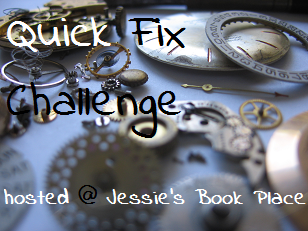










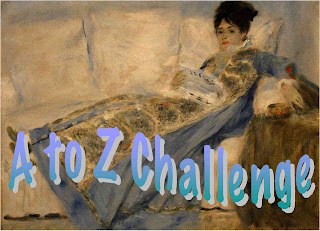






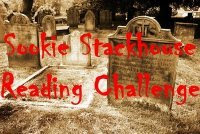






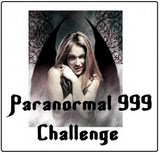




Over half of the 108,000 Americans on the national transplant waiting list will die before they get a transplant. Most of these deaths are needless. Americans bury or cremate about 20,000 transplantable organs every year. Over 9,000 of our neighbors suffer and die needlessly every year as a result.
ReplyDeleteThere is a simple way to put a big dent in the organ shortage -- give organs first to people who have agreed to donate their own organs when they die.
Giving organs first to organ donors will convince more people to register as organ donors. It will also make the organ allocation system fairer. People who aren't willing to share the gift of life should go to the back of the waiting list as long as there is a shortage of organs.
Anyone who wants to donate their organs to others who have agreed to donate theirs can join LifeSharers. LifeSharers is a non-profit network of organ donors who agree to offer their organs first to other organ donors when they die. Membership is free at www.lifesharers.org or by calling 1-888-ORGAN88. There is no age limit, parents can enroll their minor children, and no one is excluded due to any pre-existing medical condition.
David J. Undis
Executive Director
LifeSharers
www.lifesharers.org